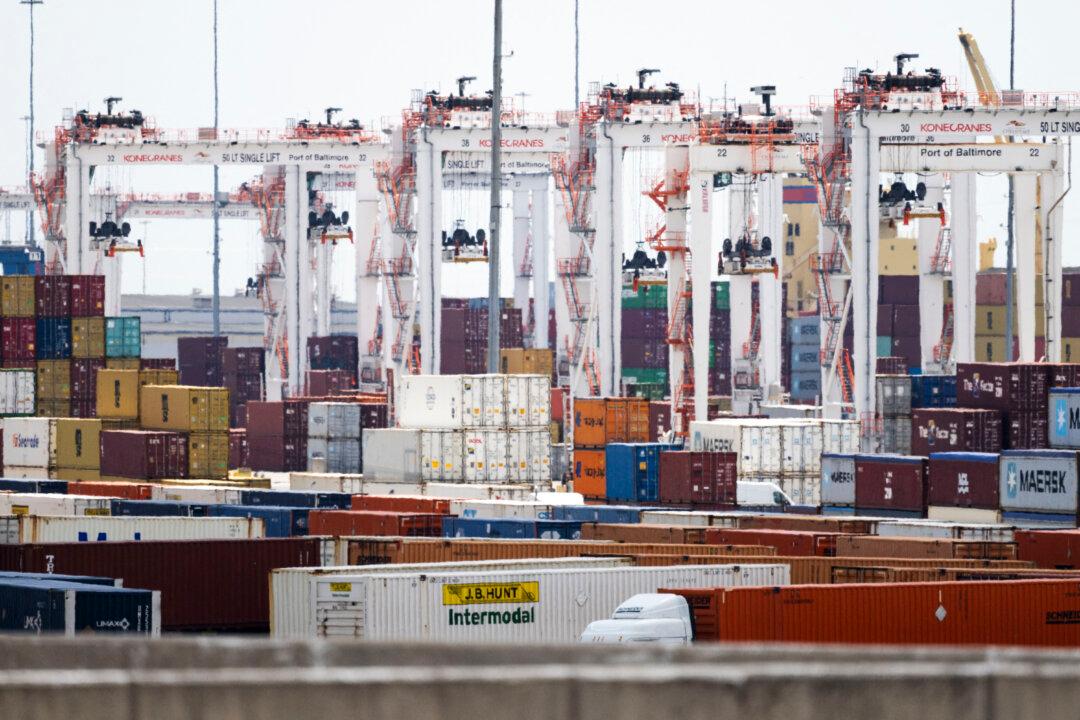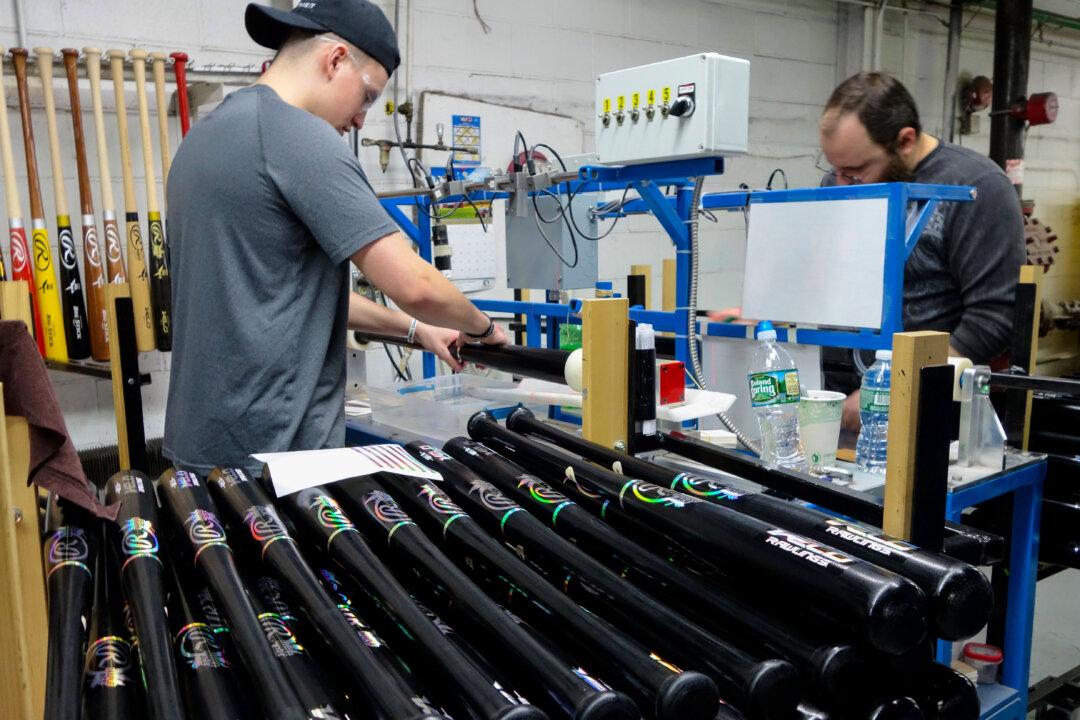For the first time since 1977, dockworkers at 36 East Coast and Gulf Coast shipping ports are discussing the possibility of a significant strike if a new contract is not hammered out when the present contract ends on the night of Sept. 30.
The ports potentially affected are shipping gateways for half of all container goods that come into and out of the United States. Some are hoping that Washington steps in before the ramifications of an extended strike negatively impact U.S. shipping.





